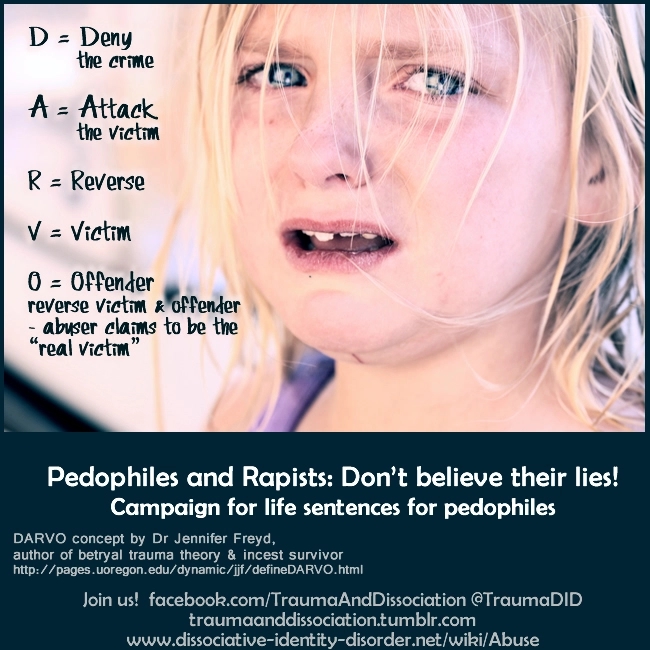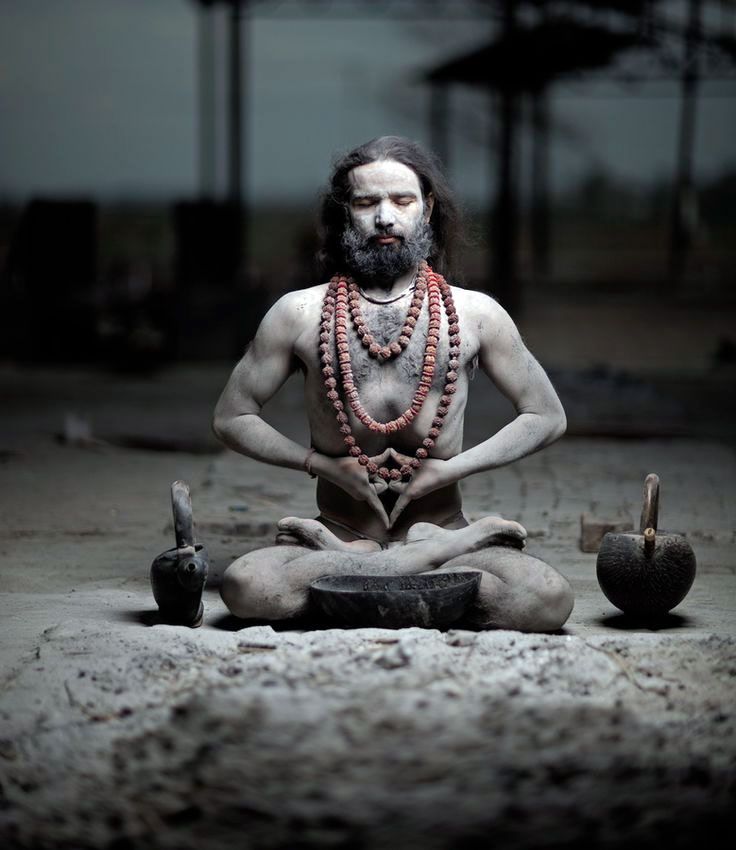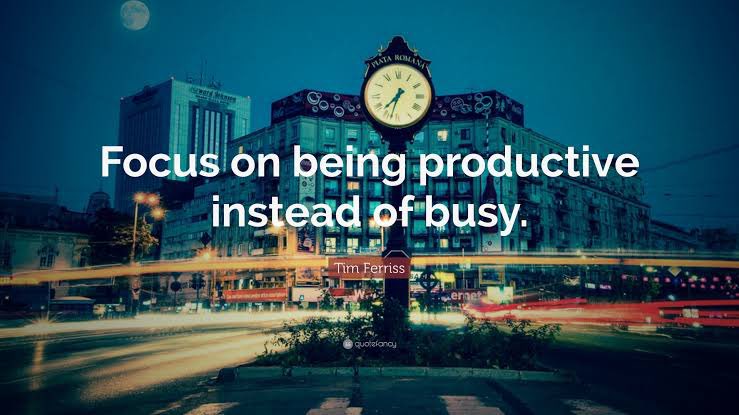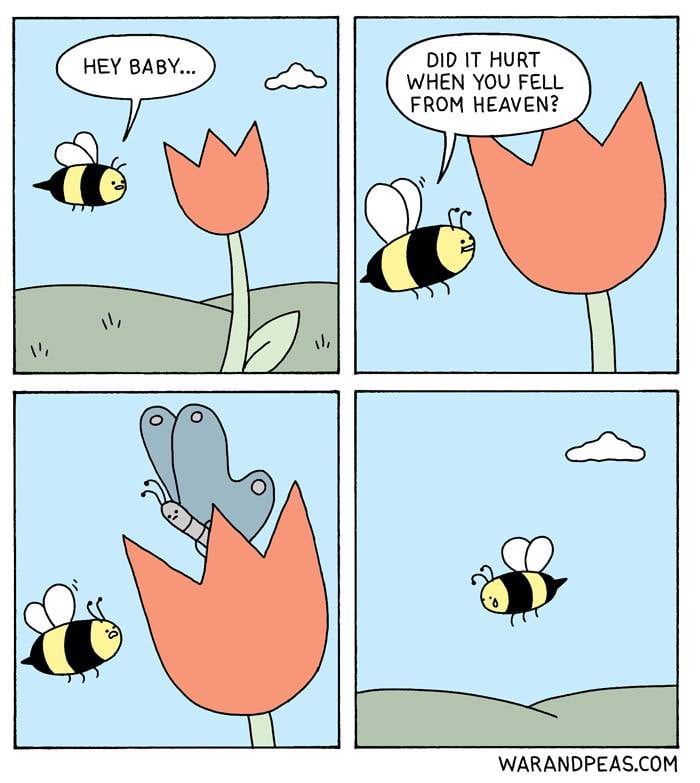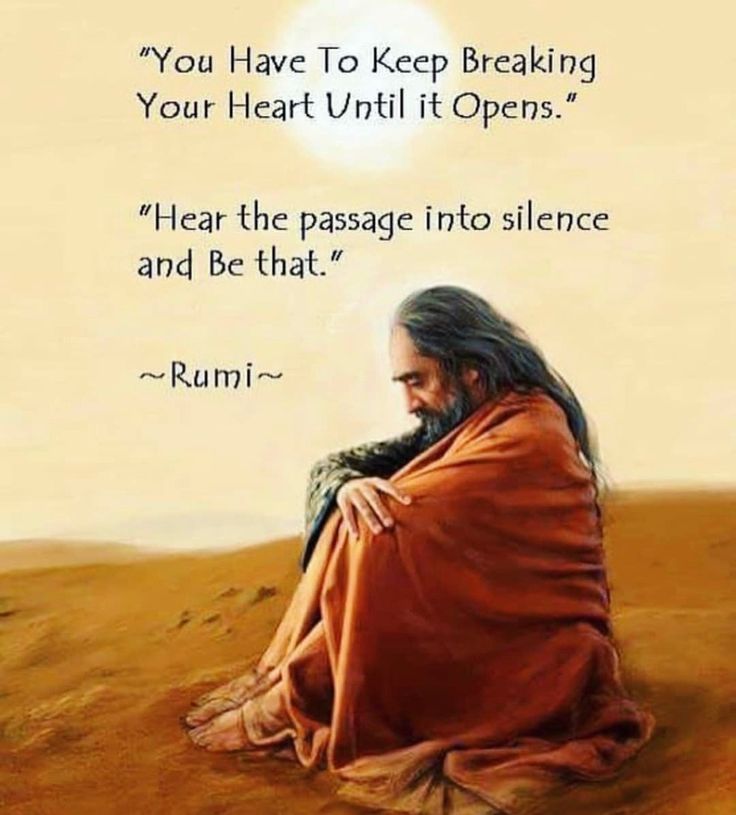Abusers who play the victim
Types of Abusers: The "Victim"
When you are the target of covert abuse, your abuser may present as a victim. This can be particularly confusing to you, the real victim, as you spend countless energy trying to prove to the perpetrator your undying love in order to save the relationship.
An abuser who uses the victim mentality to manipulate his/her partner is a master manipulator.
This article is written to the true victims of this type of abuse.
Note: For purposes of this article, I will use the term, “Victim” to mean the true abuser and “Target” to represent the true victim of abuse.
If you are the Target of a Victim, then you know all too well how confusing your relationship can be. I’m sure when you first met your Victim you felt deep concern for his/her struggles and most likely, over time, wanted to show him/her that you could love really well and thus, cure him/her of his/her victimhood.
Unfortunately, you were wrong.
Victim abusers usually portray themselves as innocent, hurt, blameless wounded souls, caught up innocently in the poor behavior of another person (usually a previous partner) or circumstance. Victims are very self-centered, and when in relationships are only capable of seeing their own hurt, even if it’s fabricated. Victims do not care about the feelings of others, showing a complete lack of empathy.
Victims frequently feel sorry for themselves. Even if they cause the problems in their relationships (which is usually the case.) they don’t see this reality and they feel victimized as they cause the problems. It’s amazing, really.
Victims also seem to twist reality on its head by blaming the Target for the problems in the relationship, making statements such as:
“You have a distorted sense of reality.”
“You just don’t understand me.”
“You’re abusive (narcissistic).”
“This relationship is destroying me!” (Implying that you, somehow, are the culprit in the destruction.)
The truth about the Victim is that he/she cannot be in a healthy interpersonal relationship and use the manipulation or “tool” of abuse to prevent the possibility of any true and meaningful connection. In essence, the Victim sabotages his/her own happiness and blames you for it.
In essence, the Victim sabotages his/her own happiness and blames you for it.
And if you are like most Targets, you will turn yourself into a pretzel to try and convince your loved one that you can improve, care better, be more available, etc. You even ask the Victim how you can be a better partner. The Victim may not even respond to your requests to explain him/herself more clearly, preferring to imply that you’re fatally flawed and incapable of “getting it together” enough to meet his/her needs.
This is VERY frustrating for the Target, who cannot understand why the Victim is so miserable and is deeply perplexed over how to solve this problem. The Target, believing the rhetoric, becomes overly responsible for fixing the relationship. The irony is that the problem only exists because the Victim created it in the first place; and there really is no solution! At least as far as the Target is concerned.
For the relationship to truly improve, the Victim has to (1) develop insight; (2) take ownership of his/her contribution to the problem; (3) change.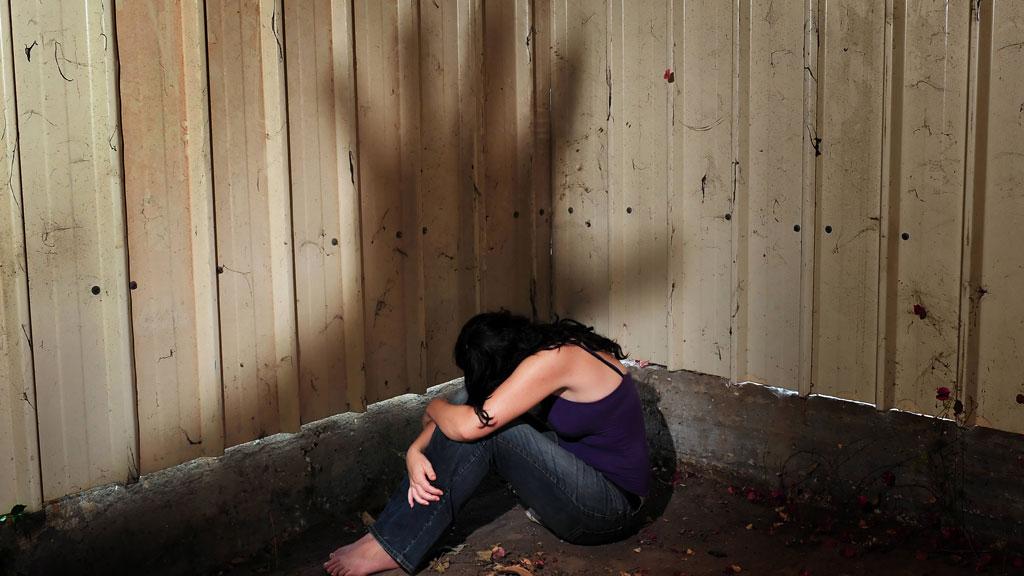
According to Lundy Bancroft, in the book, “Why Does He Do That?” Victims have some common similar beliefs that are perpetuated in their intimate relationships. See if your partner displays any of these covert attitudes:
- Everyone has done me wrong; particularly my previous partner(s.) Poor me.
- If you start accusing me of being abusive you are just proving that you are just as cruel and unfair to me as the “rest” of them.
- It is justifiable for me to do whatever I feel you are doing to me, and even to make it quite a bit worse in order to make sure you get the message.
- I’ve had it so hard I’m not responsible for my actions.
The primary feeling of the Target of this type of relationship is that of guilt. Because of the implied messages of guilt constantly thrown toward the Target, he/she has been conditioned to believe (as mentioned above) that he/she is responsible to fix the problem. If the Target can’t fix the problem (and it really isn’t fixable) then he/she ends up feeling more guilt.
If the Target can’t fix the problem (and it really isn’t fixable) then he/she ends up feeling more guilt.
Because of the feelings of guilt, the Target has a hard time leaving this type of abusive relationship. Victims present themselves as helpless and pathetic souls, which makes it difficult for Targets to break free. In addition to this, Targets often aren’t even aware that anything abusive is taking place, given the insidiousness of “victimhood” abuse.
As a therapist, I have spoken with many Victims, themselves, who held to the narrative that all of their unhappiness is a result of the behaviors of their partners. The truth is, these Victims are often the true abusers in the relationships, putting the responsibility for fixing everything on their partners.
In fact, the convictions of the Victim are so strong, everyone believes this narrative – including the Target and onlookers. Thus, everyone starts believing that it’s the Target’s job to change in order for the relationship to improve!
Because the true cause of the Victim’s unhappiness has not been properly identified, the Target may spend countless years trying to “improve” only to find that he/she falls just sort of “making it.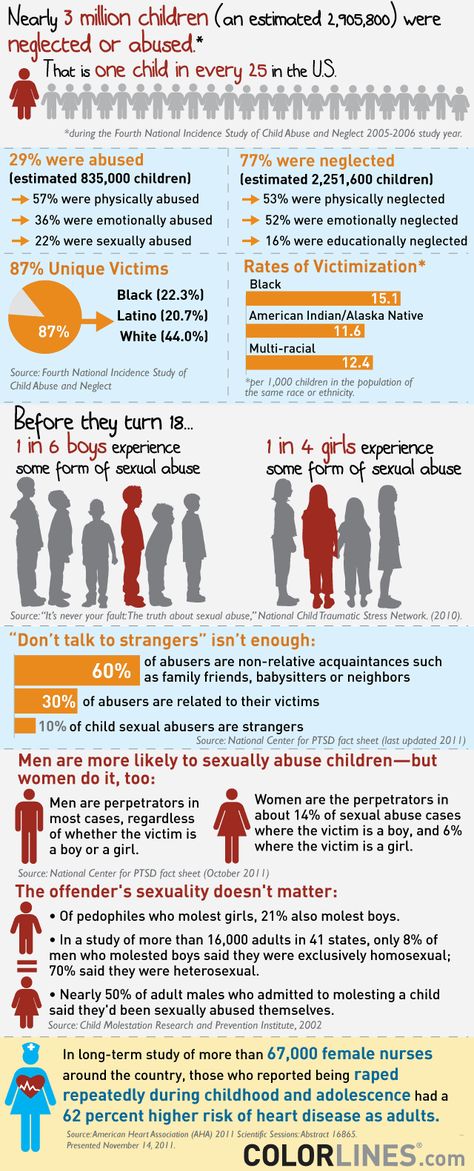 ”
”
If you are in this type of relationship and want to break free then I recommend you develop three skills:
- Trust yourself.
- Set boundaries – do not allow yourself to be responsible for anyone else’s happiness or life.
- Dis-engage from the madness.
I would advise you to not waste one more day of your life trying to appease someone who can’t be pleased. If its a pig, accept that reality and stop trying to force it to be a cat!
Remember, your life belongs to you, not to the other person. If you believe you are being manipulated, stop participating in the drama. Allow yourself to have a good day. Give yourself permission to let your loved one feel bad if he/she wants to.
Reference:
Bancroft, L. (2002). Why Does He Do That?: Inside the Minds of Angry and Controlling Men. New York, NY: Berkley Publishing Group.
Reactive Abuse: why abusers play the victim and why they get away with it
| 2/2/2019
One of the most common tactics abusers use is to shift blame for the abuse onto the victim. from here | Archives September 2019 |
Psychology of the victim. Transformation - Veronika Khatskevich's Women's Project
It seems paradoxical to be the behavior of people who are victims of violence, which can be physical, emotional, psychological. At the moment of committing violence, they have to experience suffering, pain, despair, humiliation.
At the moment of committing violence, they have to experience suffering, pain, despair, humiliation.
But instead of hating, despising, rejecting the rapist, the victims feel pity and even tenderness for them. They sincerely become attached to a person who shows aggression. Moreover, the victim considers himself responsible for these outbreaks of violence, sympathizes with his oppressor, protects him.
In order to understand the reasons for such behavior, their nature, it is necessary to understand who the victims are, what are the motives for their behavior, to find out why such a feature of nature is formed. This is not about people who accidentally suffered from the actions of others. They didn't want to get into a certain situation. The role of the victim for them is temporary. We are talking about those who for many years consciously remain in the position of the victim, use the appropriate behavioral strategy. This psychology is most often the result of an overly harsh upbringing, the use of violence. In such families, the child is taught from an early age that he can only be loved if he is the way others want him to be.
In such families, the child is taught from an early age that he can only be loved if he is the way others want him to be.
The child cannot understand that this is not a norm of behavior, this is a model, the atmosphere of a single family. He gets used to it from early childhood, a certain mechanism of behavior is formed that is characteristic of the victim. Individuality is not manifested, the child must behave as adults dictate to him in order to be loved. By the way, such a psychological anomaly can also manifest itself in the aggressor, since both of these roles are components of one model of relations.
These people use the behavioral strategy of the victim for one purpose. They want to be loved. The victim has the opportunity to get rid of this role if in his youth he meets a person who will be able to warm with kindness and love, inspire a sense of self-respect, teach the ability to appreciate one's own merits, and introduce people with normal relationships into the circle. If such a miracle does not happen, pain, fear of loneliness, despair will increase with each new relationship.
If such a miracle does not happen, pain, fear of loneliness, despair will increase with each new relationship.
There is a strong belief that they are unworthy of love.
It is enough to appear to a person who has shown attention to the victim, so that she develops a strong affection. Manifestations of violence will not alert, as this treatment is habitual. In addition to attachment, a hope is born that this person will be able to treat well, bring joy. Usually in such relationships, emotional periods go in a circle. First, a surge of joyful happy moments, then showdowns begin, tension and violence thicken. Then everything repeats. Next to the victim is usually a person who is also addicted to violence, but in an aggressive way. He needs someone next to him who can relieve tension and negativity. This can be expressed in screaming, assault.
The aggressor usually blames the victim for causing these outbursts. He loves her, but she can't behave properly. The victim feels sorry for the rapist, considers himself strong, and is sure that it is she who controls the situation.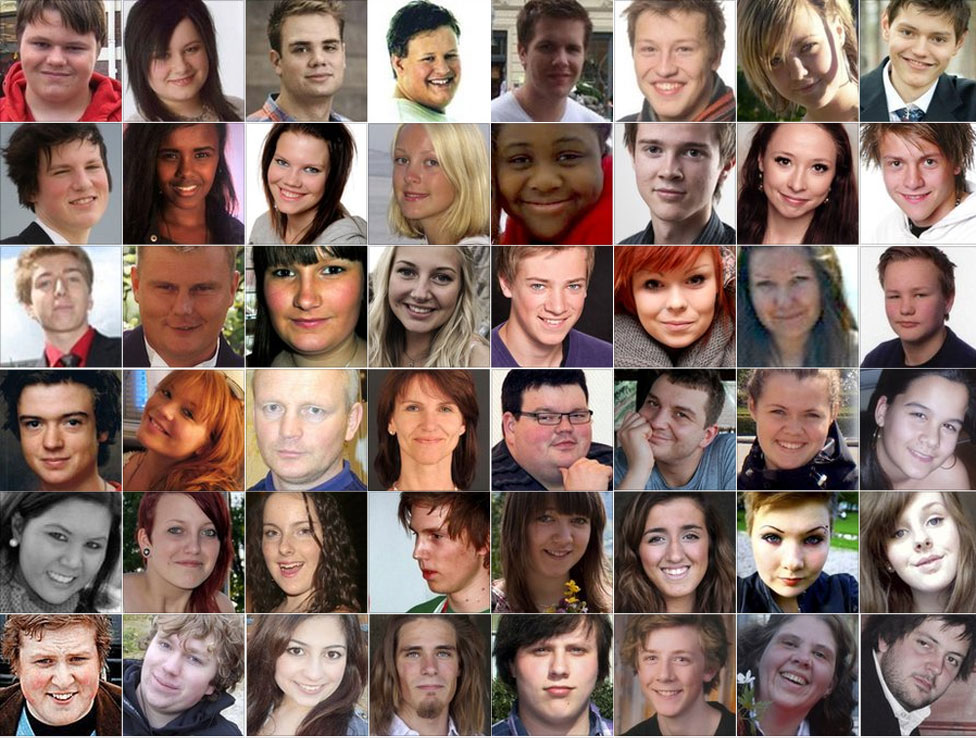 After all, if you correct yourself, behave correctly, you can maintain wonderful relationships. It seems to the victim that it is in her power to reduce the number of outbreaks and irritations, to stop them. She proceeds to control and rescue.
After all, if you correct yourself, behave correctly, you can maintain wonderful relationships. It seems to the victim that it is in her power to reduce the number of outbreaks and irritations, to stop them. She proceeds to control and rescue.
The victim has to endure double suffering. First it is humiliation, despair in moments of violence, then guilt for causing an outburst of anger, a desire to hurt. The victim not only pities the aggressor, but also tries to correct himself, thanks him for forgiveness. There is only one way out of this circle. Both participants must be aware of their roles, participation, motives for behavior. Relationships can be compared to a bicycle in which each partner has his own pedal. If one stops spinning it, the bike won't stop.
It is important to understand that violence cannot have good motives. A child whose mother said: “Daddy beat you because he loves you, wishes you well,” growing up, cannot recognize violence in relationships, considering it to be the norm.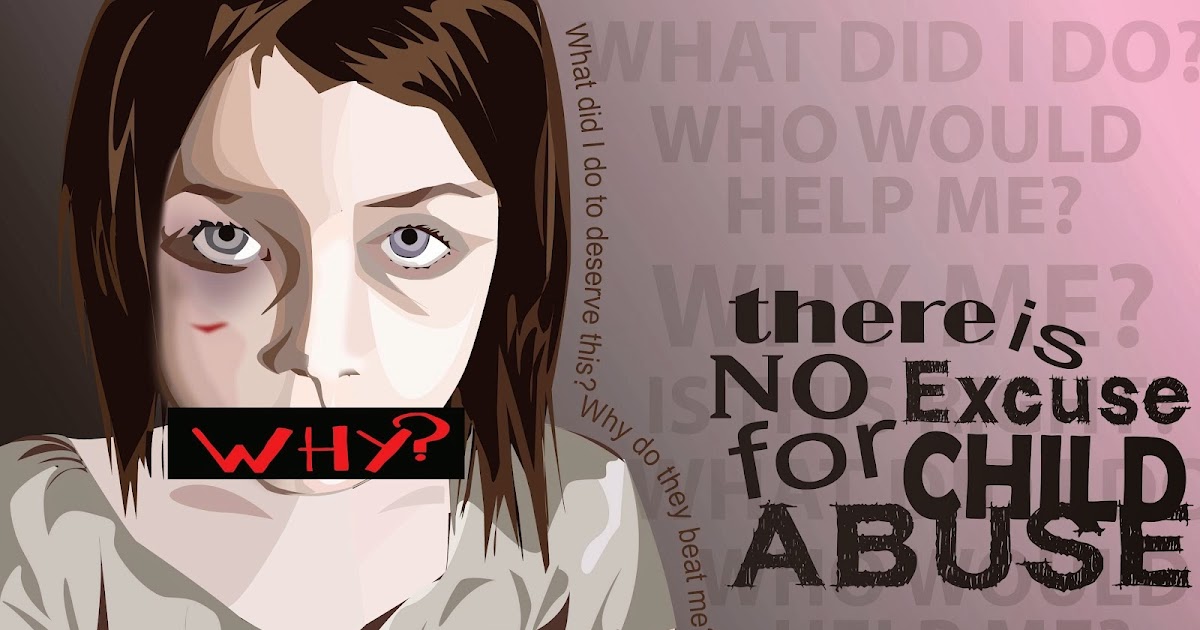 Good and evil are mixed in understanding, chaos reigns.
Good and evil are mixed in understanding, chaos reigns.
In working with victims, the psychologist needs to explain everything in detail, sort it out, sort it out, teach them to realize that there are things that cannot be tolerated in a relationship under any circumstances. They need to understand that relationships that tolerate violence become more painful over time and are likely to break down.
Sometimes the question arises when you need to explain to your partner that you will not tolerate what you consider unacceptable. Boundaries need to be set early in the relationship. As soon as possible, you need to make it clear to your partner what actions, words you will not put up with. You can say this specifically or hint indirectly, find analogies in films, give examples from the lives of other people.
If you do not set boundaries in a timely manner, relationships will begin to develop according to a model that will gradually tighten like a whirlpool. Euphoria will be replaced by tension, followed by the release of emotions with pain and despair, then shame, guilt, responsibility for what happened. All these steps will be repeated ad infinitum. These circles have a high degree of emotionality, a period in which euphoria reigns, satisfaction gives rise to the illusion of good strong relationships, which in reality do not exist.
All these steps will be repeated ad infinitum. These circles have a high degree of emotionality, a period in which euphoria reigns, satisfaction gives rise to the illusion of good strong relationships, which in reality do not exist.
Persecutor-victim-rescuer: the manipulative roles we live in | by Natalya Kryukova | Not according to Freud
I want to tell you a little about the Karpman triangle. This is such a model of interaction between people that is familiar to all of us, where someone plays the role of a victim, the other, respectively, turns out to be a persecutor, and there will always be a savior who is ready to help, even when he was not asked for it.
We all slip into one of these roles from time to time. And someone even in childhood found profit for himself in staying in one of them and then practically does not get out of this role throughout his life. And if right now you try to look at your life as if from the outside, then it will become clear to you what behavior is most close to you.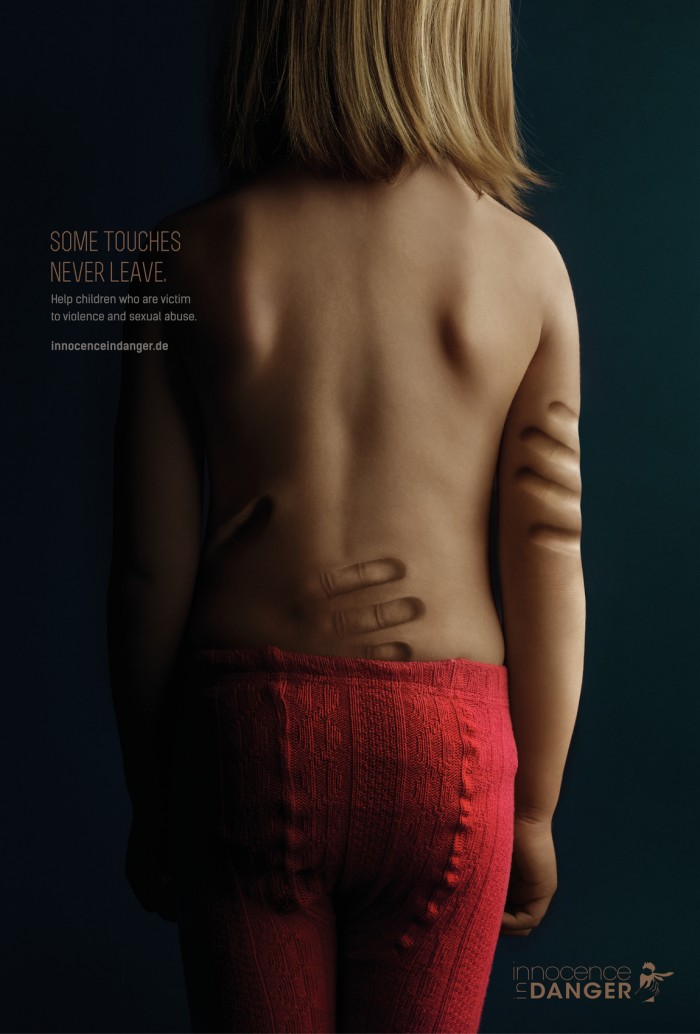
Whatever you think about yourself, I have bad news for you - any of these roles are dysfunctional and seriously ruin your life. How exactly, I will tell in the following posts.
And now I want to draw your attention to the fact that when people fall into these roles in a relationship, the problem is not solved. And here's why:
The distribution of responsibility and activity in these roles is completely different. The rescuer, as a rule, has an abundance of energy and he takes all the responsibility (for himself and for that guy), the aggressor also has more than enough energy, you need to blame everyone, force them to submit to your opinion, but there is zero responsibility - that’s all something is owed to him and everyone else does everything wrong, but the victim is passivity itself: everyone offends me, there are no forces, poor me, unhappy. The problem is in the center of the triangle. And while one revels in pride that only he can fix everything and save everyone, the second spends all his strength blaming others and demanding to act on his orders, and the third dies of self-pity and the injustice of the world, she (the problem) does not move from a dead center . Solution - a balanced distribution of responsibility between all participants and the desire to solve the problem, and not play a certain role.
Solution - a balanced distribution of responsibility between all participants and the desire to solve the problem, and not play a certain role.
Looking ahead, I want to say that, in fact, all three roles represent the position of the victim. It's just that the Persecutor is trying to mask his vulnerability with the opposite behavior - confidence, pressure, aspiration. And the more assertive and aggressive a person is, the more there is in him a small child whom anyone can offend and who does not understand anything and is not able to answer for anything. The rescuer, just the same, is eager to answer for everything, but because, focusing on solving other people's problems, he may not think about his own.
But what is the classic Sacrifice? There are two options here. The first is a collective image of a Soviet woman with all her classic “Oh no, after the divorce, I didn’t build my personal life, I decided to live for my son!”, “I gave you the best years of my life, and you . ..”, “Yes, I I put my whole life on you!” (in the last two phrases, by the way, the Pursuer is already showing through, do you feel it?).
..”, “Yes, I I put my whole life on you!” (in the last two phrases, by the way, the Pursuer is already showing through, do you feel it?).
Okay, with a demonstrative sacrifice, of course, but what is the second one? Oh, this is the sweetest soul man. Kind, quiet, sympathetic, respectable. He endures everything, nothing for himself, everything for others. Sometimes it seems ready to give a piece of his flesh to others, if only the children were fed, if only people were well. Well, it would seem that is not so? A good man, why immediately a victim? And the fact that a person by such behavior provokes us to either take the position of a persecutor and live with a constant feeling of guilt that we offend a holy person, or into the position of a rescuer. After all, the victim is so vulnerable. She has a weak heart, she can’t cope on her own, she can’t do anything, and at the same time she cries so bitterly, she looks so unhappy.
Why would a victim be a victim? Well, first of all, because martyrdom has long been valued and considered a cool and noble deed.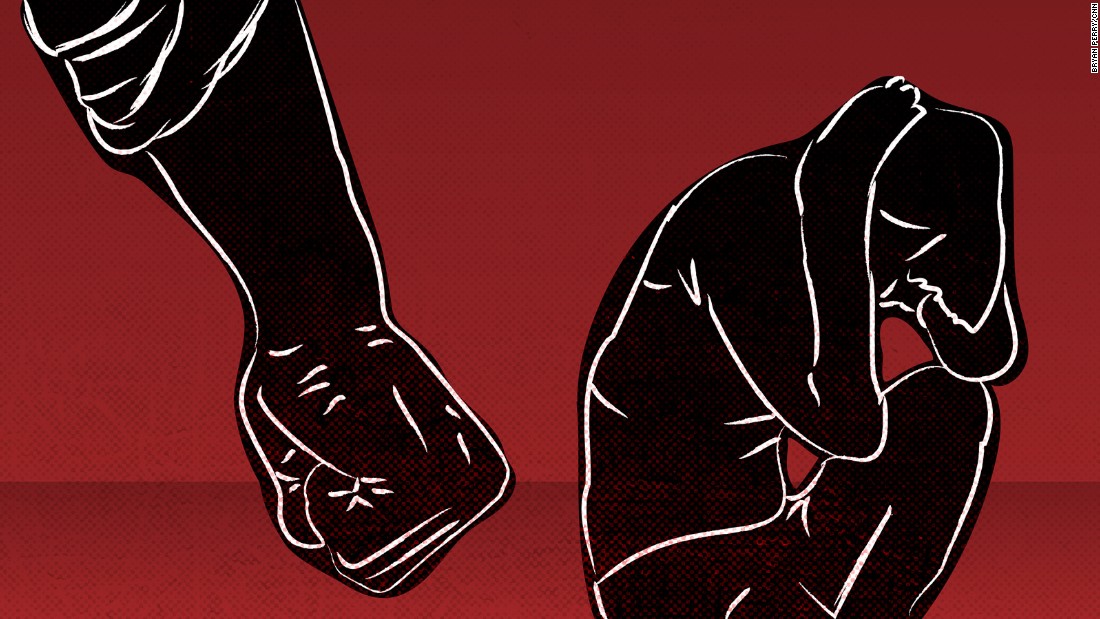 Plus, you don't have to take responsibility. No accountability, no mistakes. The need to save and appreciate her speaks of her as some kind of fragile jewel - a fragile vase, nothing else. And finally, this is the most virtuoso undercover work. Victims are manipulators who are almost impossible to expose. “Of course, you can go to study in the States. I'll just die of grief, but it doesn't matter. As long as you feel good." Well, that is, do not dig in. And most importantly, a step to the right - you are already a Rescuer, a step to the left - the Aggressor. Param-param-pam!
Plus, you don't have to take responsibility. No accountability, no mistakes. The need to save and appreciate her speaks of her as some kind of fragile jewel - a fragile vase, nothing else. And finally, this is the most virtuoso undercover work. Victims are manipulators who are almost impossible to expose. “Of course, you can go to study in the States. I'll just die of grief, but it doesn't matter. As long as you feel good." Well, that is, do not dig in. And most importantly, a step to the right - you are already a Rescuer, a step to the left - the Aggressor. Param-param-pam!
Why do people choose this role? Alexander Lowen, for example, believes that such people have an internal conflict between love and intimacy and freedom as early as childhood.
Parents of such people often say something that can be expressed in a general sense as - do as I say, if you don’t do it (but you do it your way), I won’t love you: “Until you eat all soup - don’t come near me”, “Ugh, I don’t like such dirty boys”, “I don’t need such a whim”. All these phrases, together with a demonstration of “dislike” in the form of an ignore, for example, are interpreted by the child as “either I am free to do what I want, or I am loved. Both are impossible." And when faced with this conflict, the future Victim says: "I will be a good girl / boy, I will do everything you say, just love me, please." And so a person appears who either vaguely, or even does not understand at all what he himself wants and feels, or he knows about it, but cannot express, or expresses, but cannot defend them. In any case, the expression of feelings is blocked by the fear of being unloved. With all this, such a person tries his best to be good for others, so long as he is not abandoned.
All these phrases, together with a demonstration of “dislike” in the form of an ignore, for example, are interpreted by the child as “either I am free to do what I want, or I am loved. Both are impossible." And when faced with this conflict, the future Victim says: "I will be a good girl / boy, I will do everything you say, just love me, please." And so a person appears who either vaguely, or even does not understand at all what he himself wants and feels, or he knows about it, but cannot express, or expresses, but cannot defend them. In any case, the expression of feelings is blocked by the fear of being unloved. With all this, such a person tries his best to be good for others, so long as he is not abandoned.
He is also a pursuer, he is also an aggressor.
As the name implies, this role is characterized by open (or almost open) aggression, a desire to control others, and a position from above.
Persecutors often see themselves as the victims of the situation.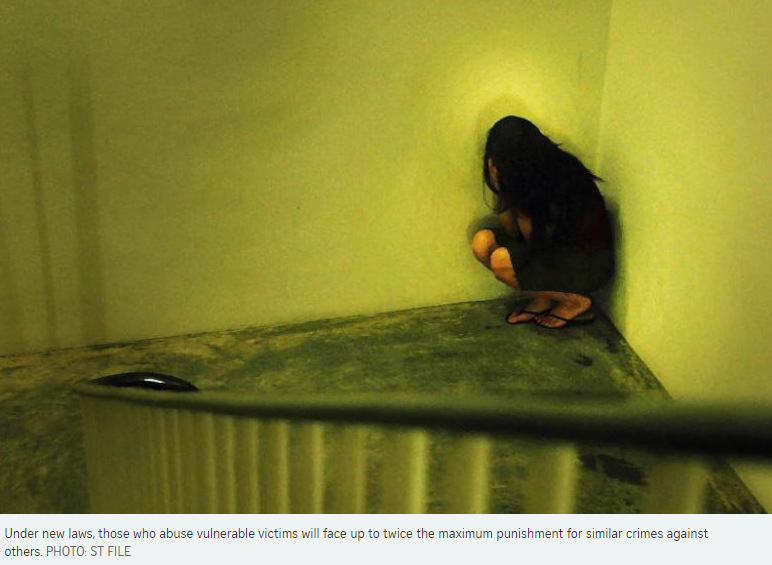 They refuse to admit that their tactics are blaming. When pointed out to them, they argue that the attack is justified and necessary for self-defense.
They refuse to admit that their tactics are blaming. When pointed out to them, they argue that the attack is justified and necessary for self-defense.
At the same time, the persecutors can be conditionally divided into "honest" ones, who express their dominant position directly and without hiding. This can be seen both on the verbal (hardness of voice, interruption, threats) and non-verbal (takes a lot of space for itself, takes root in the interlocutor's personal space, demonstrates physical superiority, etc.) level. And seductive. They say about such people: “It lays softly, but it’s hard to sleep.” They practically do not raise their voices, they speak softly, quietly. However, as the distance decreases, the partners of such personalities gradually realize that the only option to stay in a relationship is to unconditionally accept the requirements of the controller.
So you look, and it seems that this is the complete antipode of a defenseless, weak Victim. However, it is not.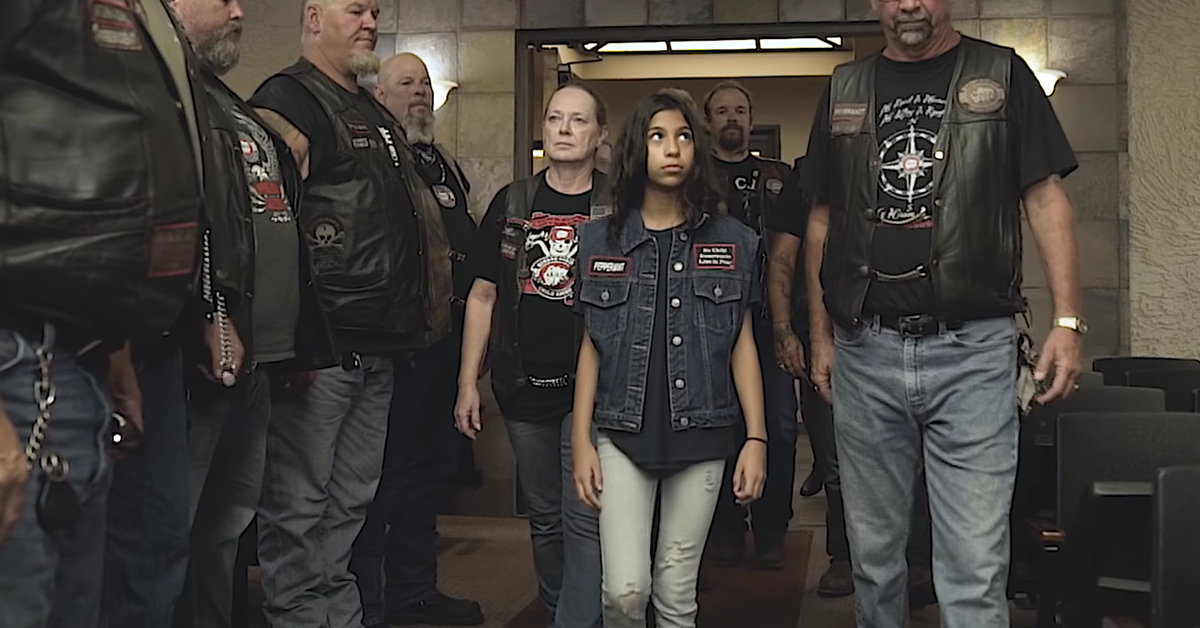 I already wrote above that the more aggressive a person behaves, the weaker he feels. Alexander Lowen believes that the Rapist had a traumatic experience as a child when he experienced aggression from another person. Being a naturally strong personality, such a child does not fall into the role of a victim, but makes a decision “I will never allow me to be treated like this again” and chooses defense tactics in the form of an attack.
I already wrote above that the more aggressive a person behaves, the weaker he feels. Alexander Lowen believes that the Rapist had a traumatic experience as a child when he experienced aggression from another person. Being a naturally strong personality, such a child does not fall into the role of a victim, but makes a decision “I will never allow me to be treated like this again” and chooses defense tactics in the form of an attack.
And the last act of our Marlezon ballet. If you often feel sorry for someone and also often have an almost irresistible desire to help, if there is some suspicion that you are more competent, have more strength, intelligence, greater access to resources and generally know better how to act if it is difficult for you to refuse or leave a person in a difficult situation if in any situation that happened to your relatives and friends you know (or on the count of three you know) what to do, if no, no, a feeling of pleasant omnipotence and omnipotence slips in relation to a particular situation, if the ability to compassion and a sharp, nagging feeling of empathy is one of your main virtues, and at the same time you often feel responsible for everything that happens around you, then congratulations - the role of a rescuer is familiar to you firsthand.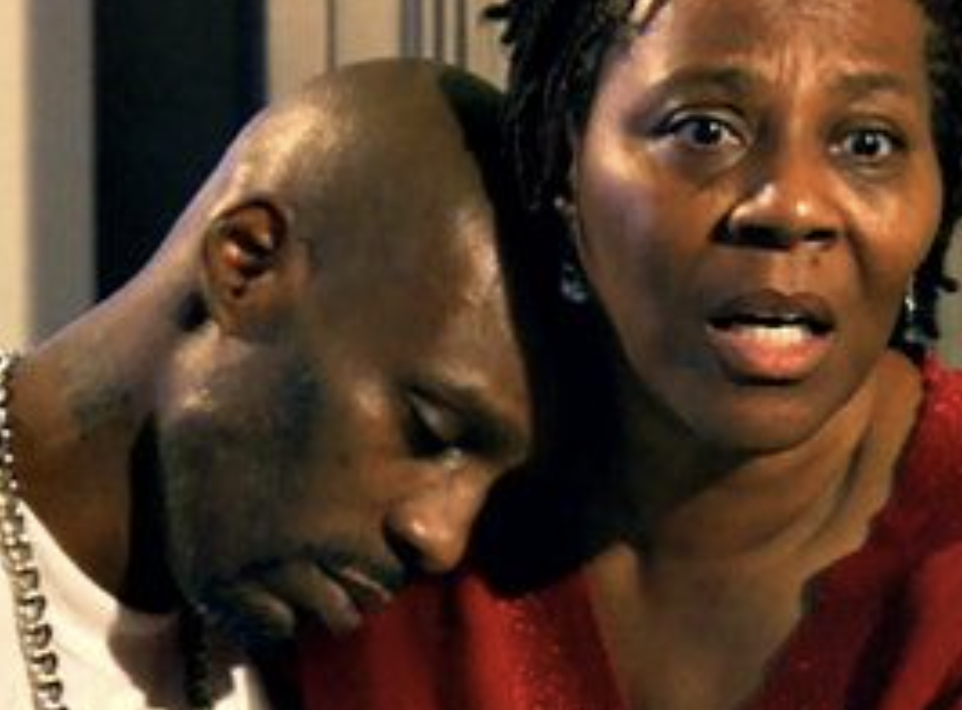
These guys seem even cooler than the victims. Those are just fragile flowers that anyone can offend, and these supermen: brave, active, smart, responsible and absolutely unselfishly help people. It's all very cool, here's just one BUT. A person who does not play the role of a rescuer from helping people is enriched, and the Rescuer is depleted, up to self-destruction.
In addition, his desire to help most often arises in relation to others, but not to himself. Filling his life with other people's problems and solving them is his way of not thinking about what is happening with his own life. And yet, it is worth noting that the Rescuer often begins to help even before he was asked. It's not always bad, but it's not always good either. Remember the unsolicited advice of compassionate grandmothers about how you need to dress your child, for example.
And finally, what is pity and a desire to help when you were not asked? This is the top-down position. And the Rescuer often assumes the mission of such a higher power: he takes responsibility for the situation of another (most often the Victim), does something instead of him, without giving him the opportunity to gain his experience and develop his own ways of solving his own problems, to become independent and independent .
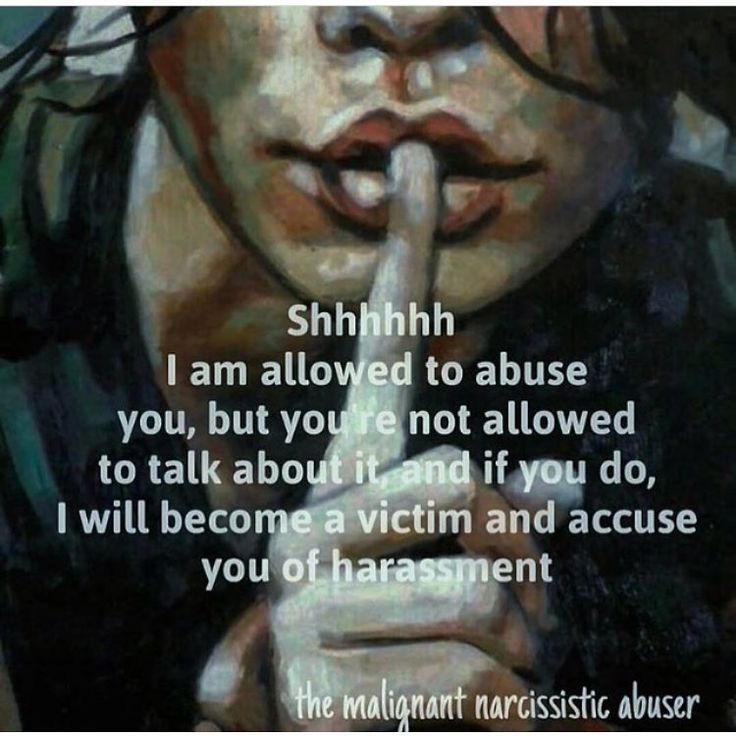 The abuser will claim the victim is the abuser because of the reaction the victim has. The abuser may even attempt to convince the victim that there is nothing worth reacting over and that the victim is overreacting to the abuse. What the victim is actually experiencing is called reactive abuse.
The abuser will claim the victim is the abuser because of the reaction the victim has. The abuser may even attempt to convince the victim that there is nothing worth reacting over and that the victim is overreacting to the abuse. What the victim is actually experiencing is called reactive abuse.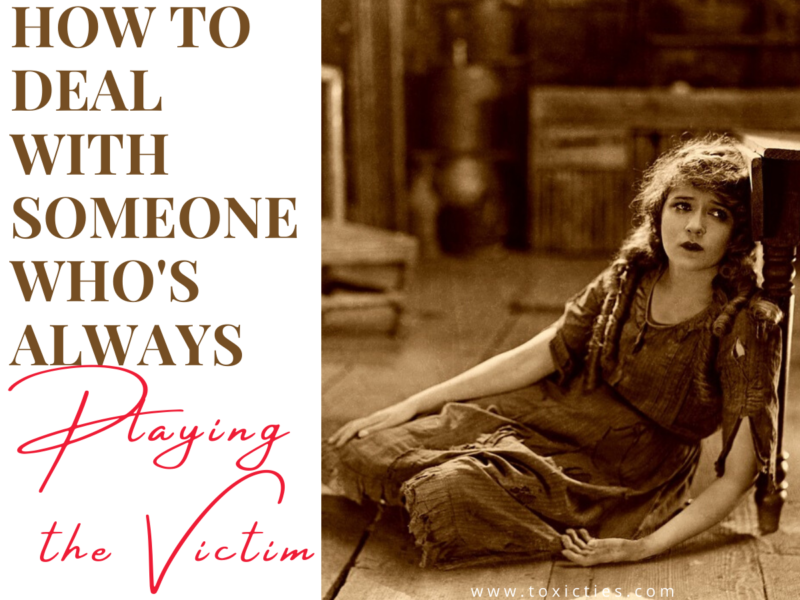

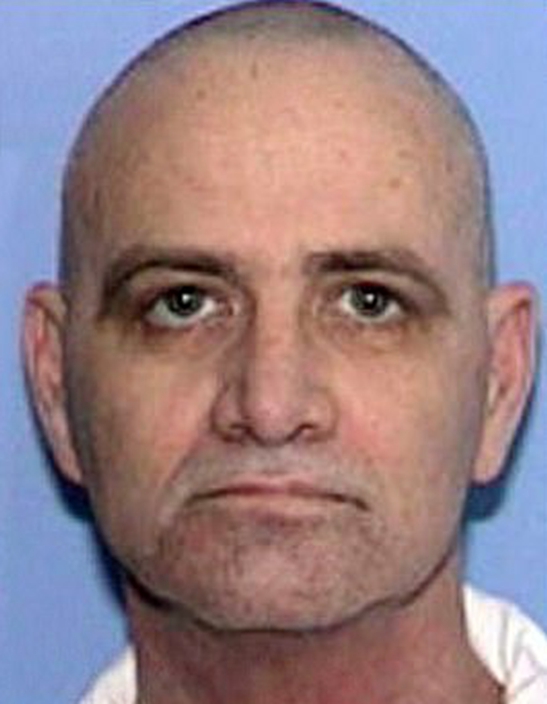 But many times, by the time we get to the point of asking ourselves those questions, we are either too scared to leave the abuser or we just don’t have the means to do so.
But many times, by the time we get to the point of asking ourselves those questions, we are either too scared to leave the abuser or we just don’t have the means to do so.